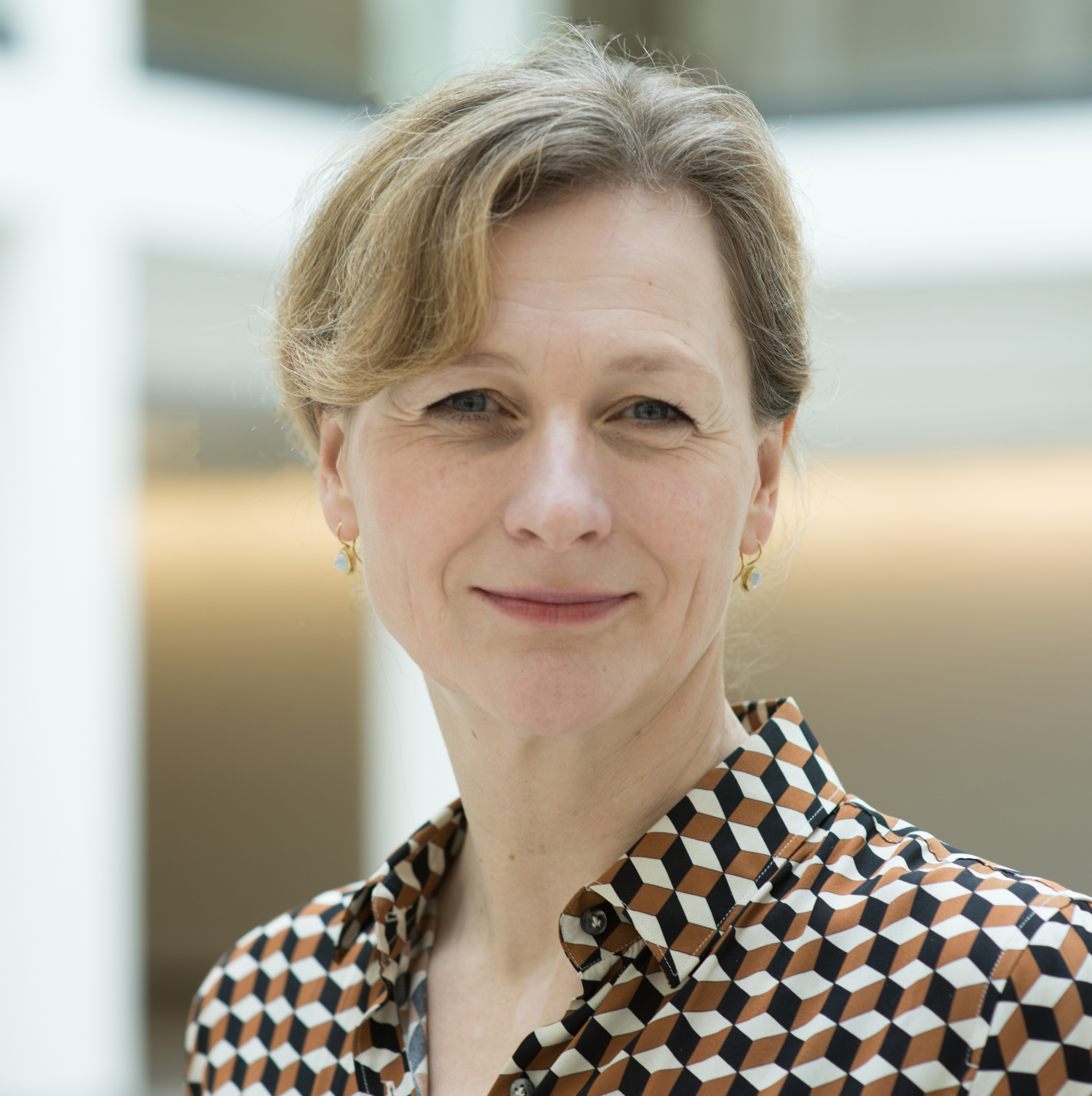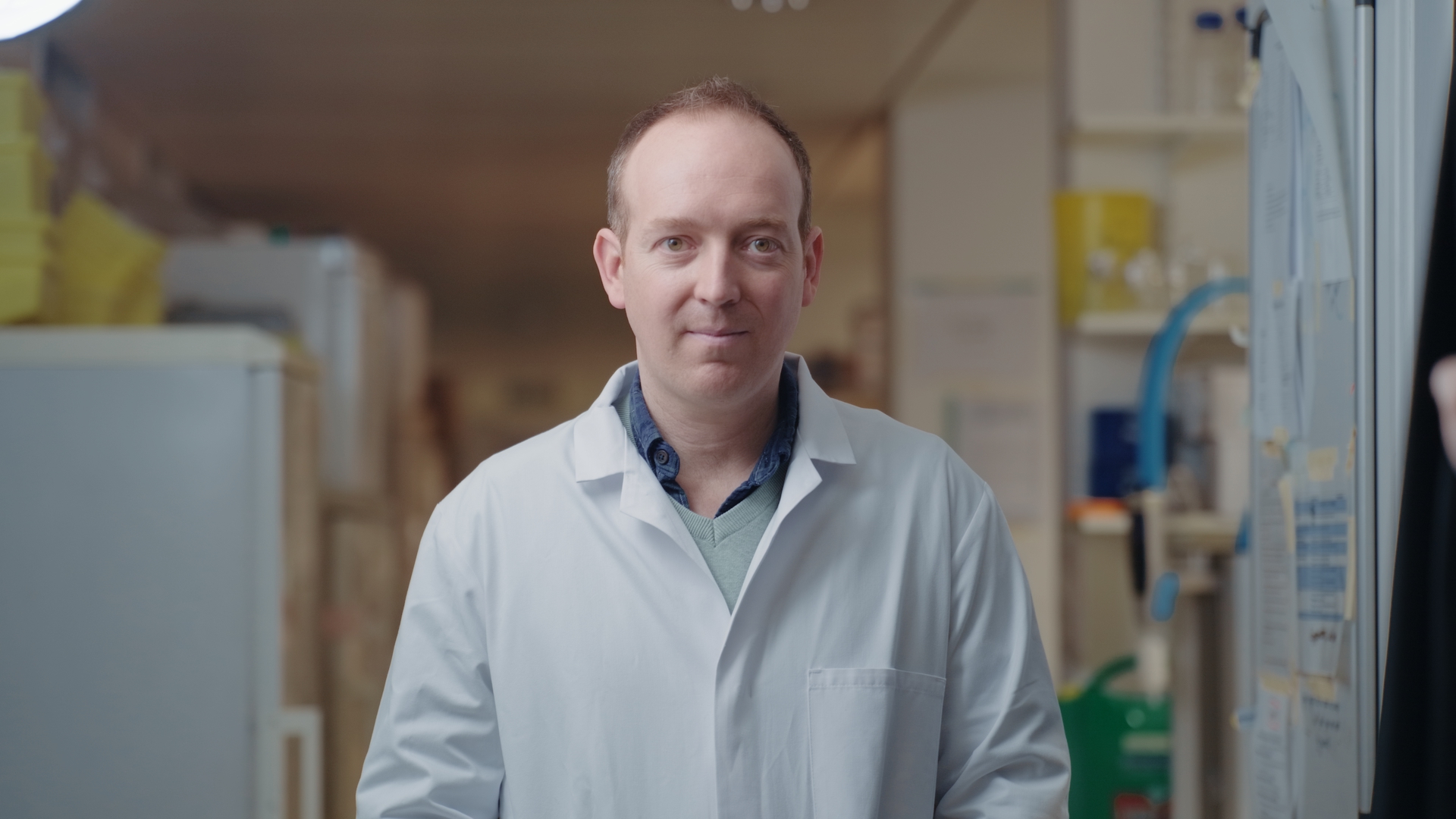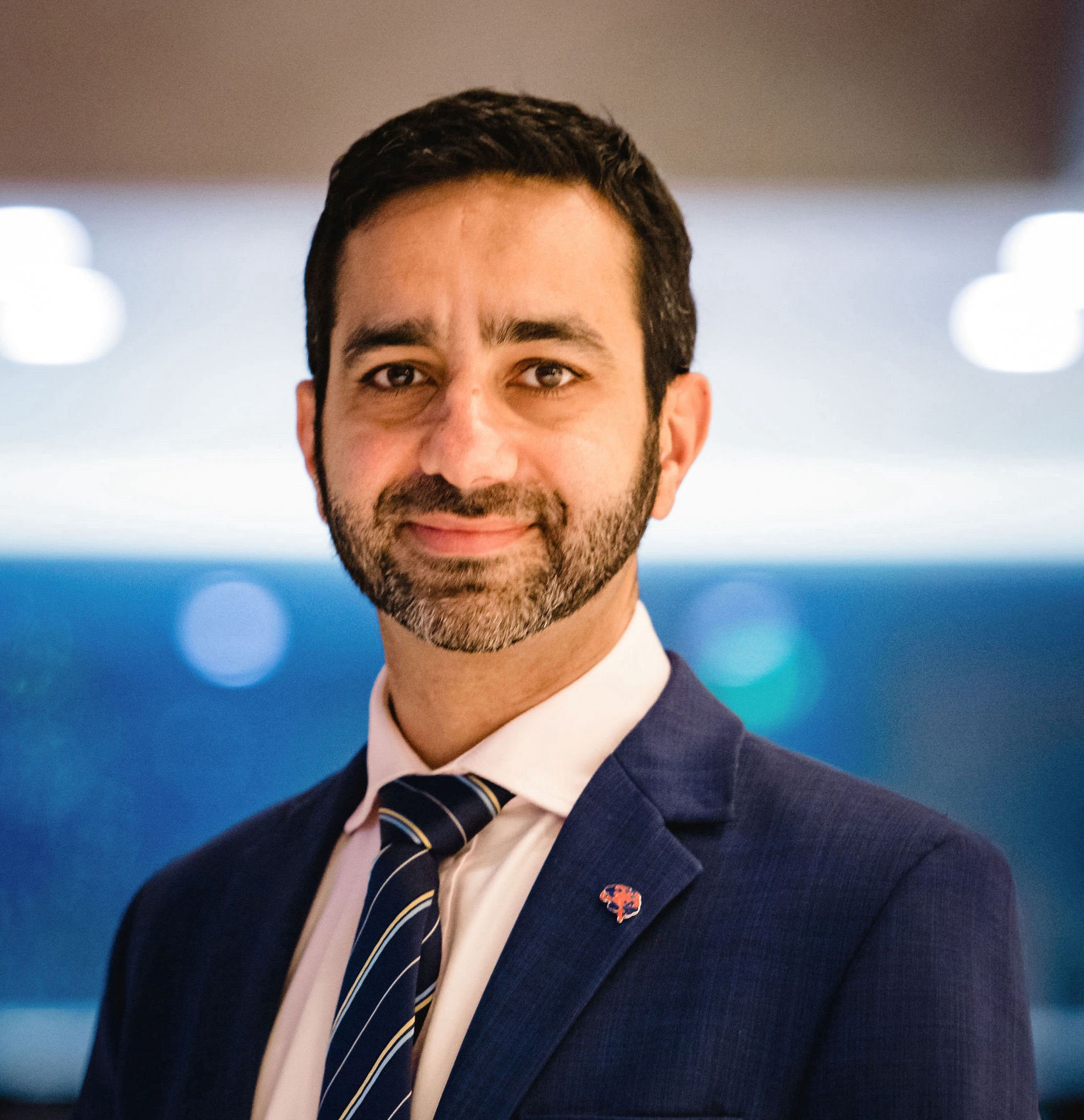Advances in fundamental and clinical neurosciences
Advances in fundamental and clinical neurosciences
Theme: Treatments and translational neuroscience
Monday 24th April, 15:30 – 17:10
The journals Brain and Brain Communications publish studies related to neurological and psychiatric disorders. Proceeds from the journals go to the Guarantor's of Brain Charity which promotes teaching, education, and research in neurology and related clinical-academic disciplines. In this symposium, we will have four speakers who have published their recent work in our journals highlighting aspects of neuroscience and neurology from cell models to human disease.
 Britta Eickholt, Charite, Berlin, Germany: Cell signalling and its implications for brain disorders (co-chair)
Britta Eickholt, Charite, Berlin, Germany: Cell signalling and its implications for brain disorders (co-chair)
Biography: Britta Eickholt is Professor for ‘Molecular Biology and Biochemistry’ at the Charité – University Medicine Berlin. After a PhD in Biochemistry from Guy’s Hospital / King’s College London in 1998, she carried out a postdoc at the MRC Centre for Neurodevelopmental Biology in London. This is also where she started her own laboratory in 2001. In 2011, she moved to Berlin and joined the faculty of the Charité. The research in the Eickholt lab broadly focuses on the cellular mechanism controlling the development, maturation and maintenance of neurons and astrocytes in the brain. Her lab uses a multidisciplinary approach to understand how neurons and astrocyte establish and modify their complex shapes in the healthy brain, and during disease or injury. Her main expertise centers on spatial and temporal control of signaling events and cytoskeleton dynamics.
Sam Olum, Gulu University, Uganda: Clinical features of nodding syndrome
 Charlie Arber, University College London, UK: Induced pluripotent stem cell models of Alzheimer’s disease (co-chair)
Charlie Arber, University College London, UK: Induced pluripotent stem cell models of Alzheimer’s disease (co-chair)
Biography: Charlie Arber is a stem cell biologist working to understand the molecular mechanisms in dementia. Charlie completed his PhD at Imperial College London developing protocols to generate disease-relevant neurons from human pluripotent stem cells. Now at UCL Queen Square Institute of Neurology he develops patient-derived stem cell models of Alzheimer's disease and rare dementias with a view to understanding the earliest events in the neurodegenerative cascade.
 Sarosh Irani, Oxford, UK: Insights into how autoantibodies are made and cause disease in the CNS
Sarosh Irani, Oxford, UK: Insights into how autoantibodies are made and cause disease in the CNS
Biography: Sarosh Irani is a clinician scientist, Professor of Autoimmune Neurology and consultant neurologist, at the University of Oxford whose group is moving to the Mayo Clinic Florida from Summer 2023.
His work aims to improve treatments and outcomes for patients with autoantibody-mediated diseases of the nervous system and understand the biology behind these rapidly expanding conditions.
Clinically, he runs the UK’s major clinic for autoantibody related CNS diseases. He has recognised faciobrachial dystonic seizures in association with LGI1-antibodies, the importance of early immunotherapy in these patients, and distinctive psychopathological features associated with NMDAR-antibody encephalitis. In the laboratory, he has led the discovery of LGI1- and CASPR2-antibodies, their associated HLA associations and the roles of B cells in the pathogenesis of autoimmune forms of encephalitis and neuromyelitis optica.
He was awarded the Graham-Bull Prize in Clinical Science / Goulstonian Lectureship, from the Royal College of Physicians, and awards including the NIHR BRC Senior Clinical Fellowship, International Society of Neuroimmunology Clinical Science Prize and both Wellcome Intermediate and MRC Senior Clinical Fellowships.
